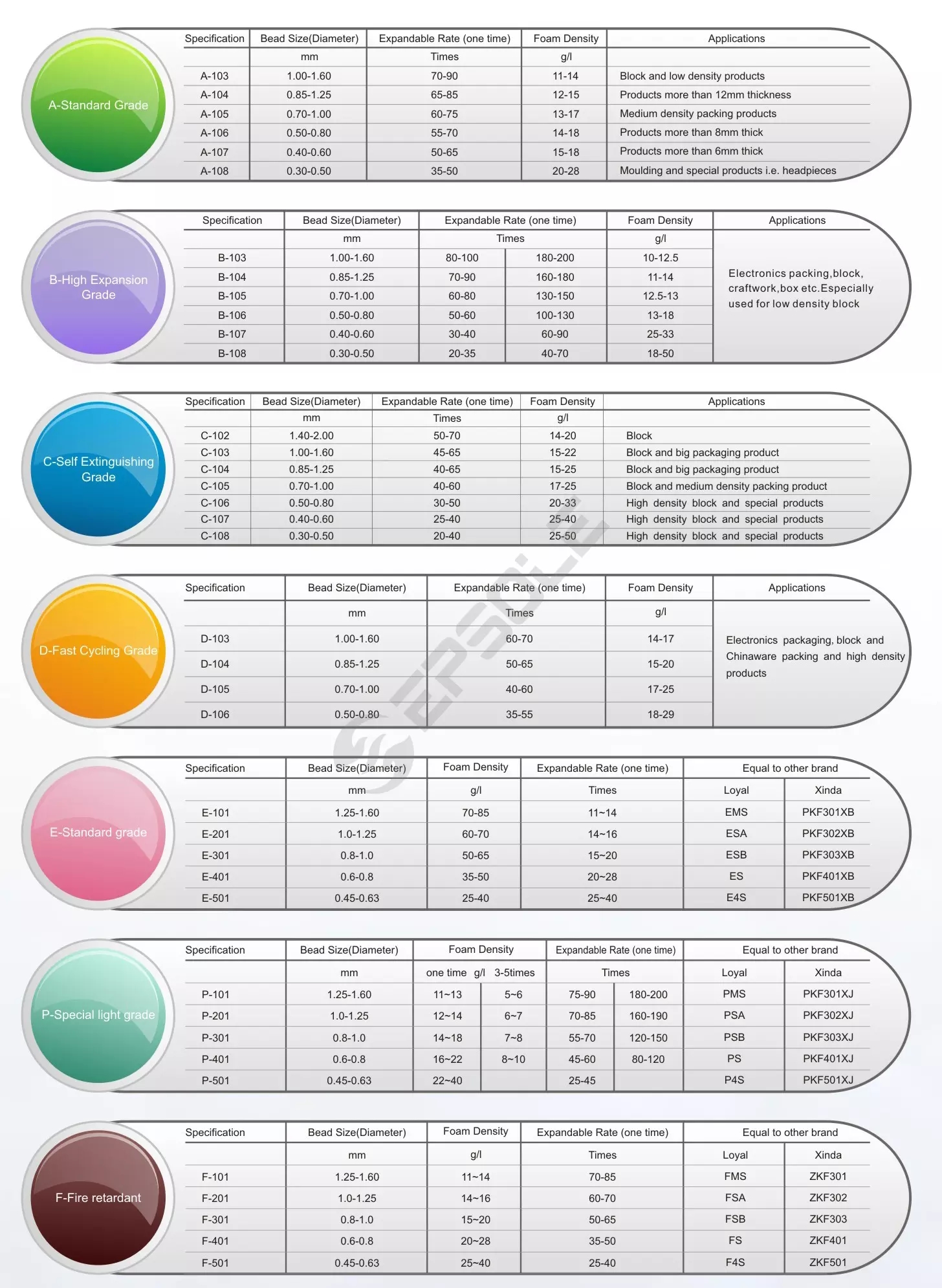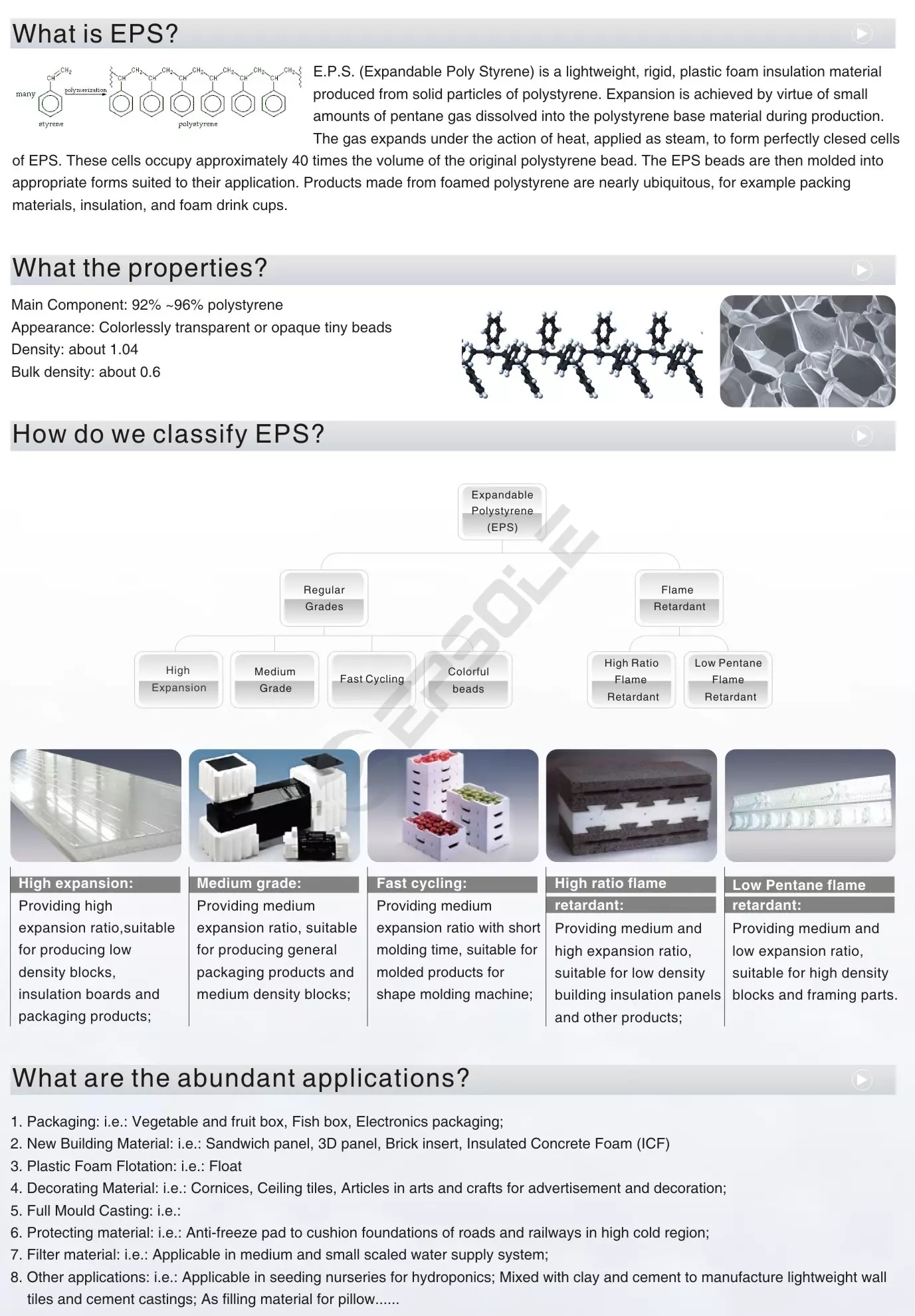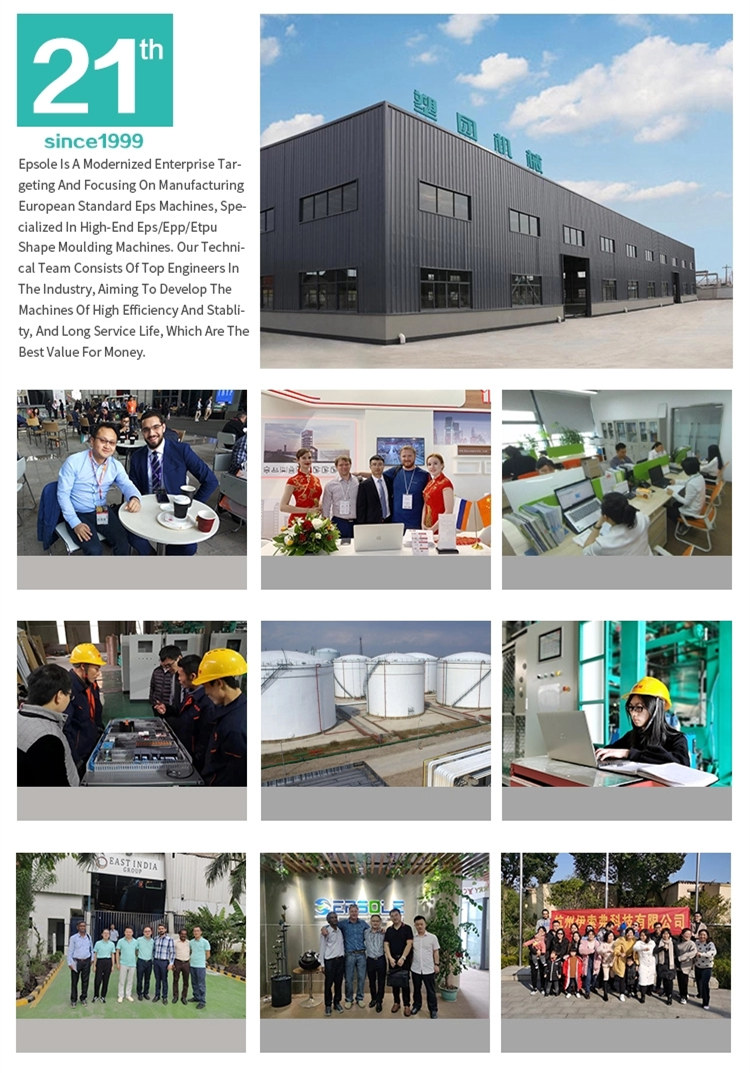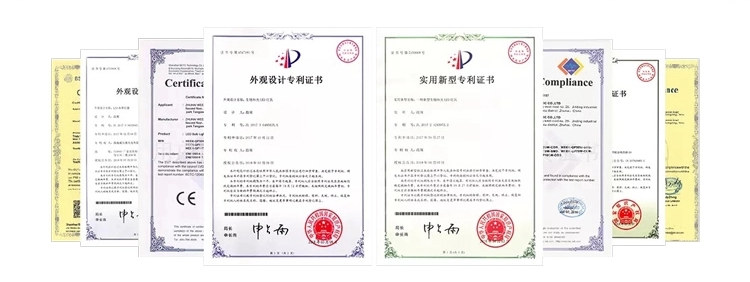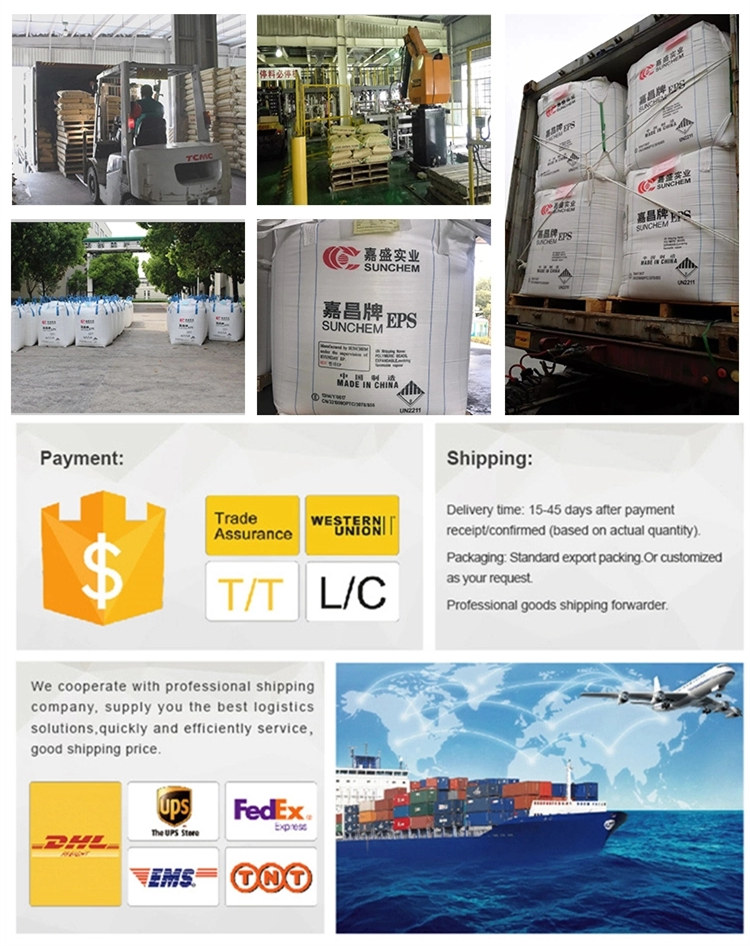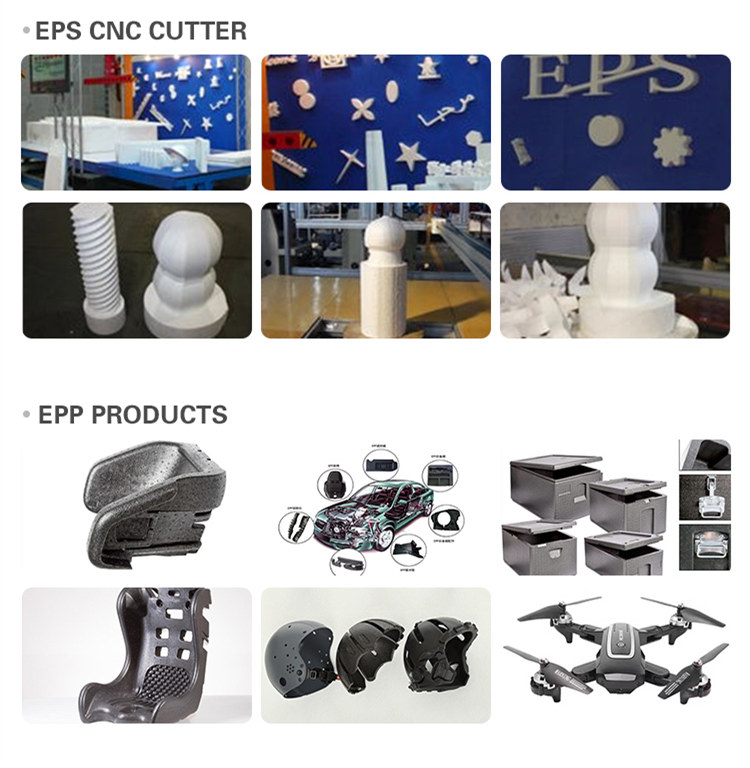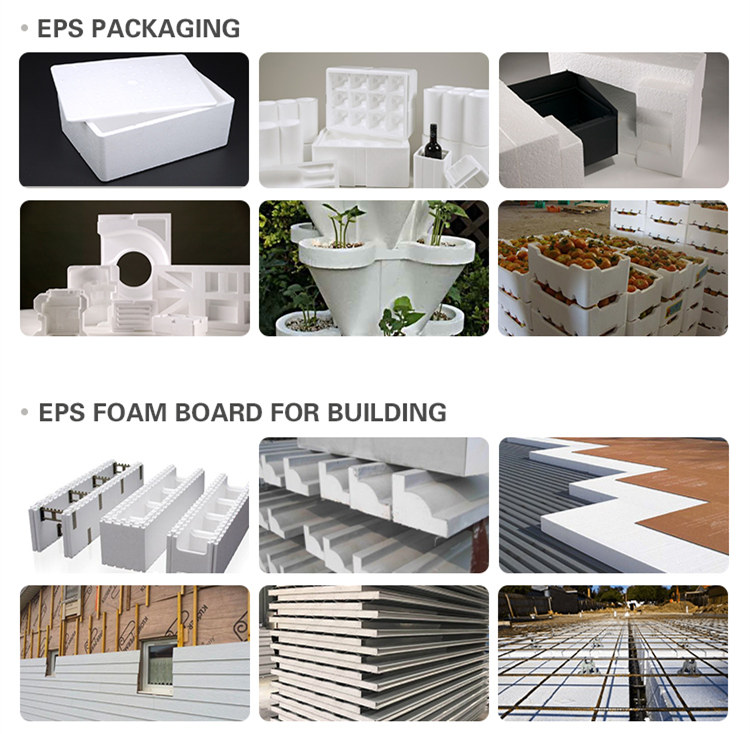Expanded polystyrene is made from 98% air and only 2% material. It is known for its lightweight and ease of moulding or cutting, making it a good choice in various products design. EPS is often found in packaging solutions, insulation, lightweight fill blocks, insulated containers, upholstery, under the roads, etc.
The most important property of this material is its insulation factor, superior to expanded polystyrene. It is more efficient, even in lower densities. Expanded polystyrene with graphite is useful when insulation requirements are critical. This material can be moulded or cut to manufacture a wide-range of products.
Biodegradable expanded polystyrene is a good choice to manufacture products that will decompose once buried in the ground. This polystyrene has mostly the same characteristics as regular EPS, with the addition that it will decompose after 267 days. It is used in some insulated boxes where this specification is needed.
To manufacture blocks or parts with a certain percentage of recycled material (anywhere between 5%-100%), expanded polystyrene is your best option. Once the beads are pelleted, they are mixed with virgin materials in the right proportions. Then, they enter into the regular manufacturing process, by moulding or cutting. This material can be found in packaging corners, large blocks, lightweight fill blocks, insulation boards, bean bags, and many more products.


 Tel:
Tel:

 English
English 








